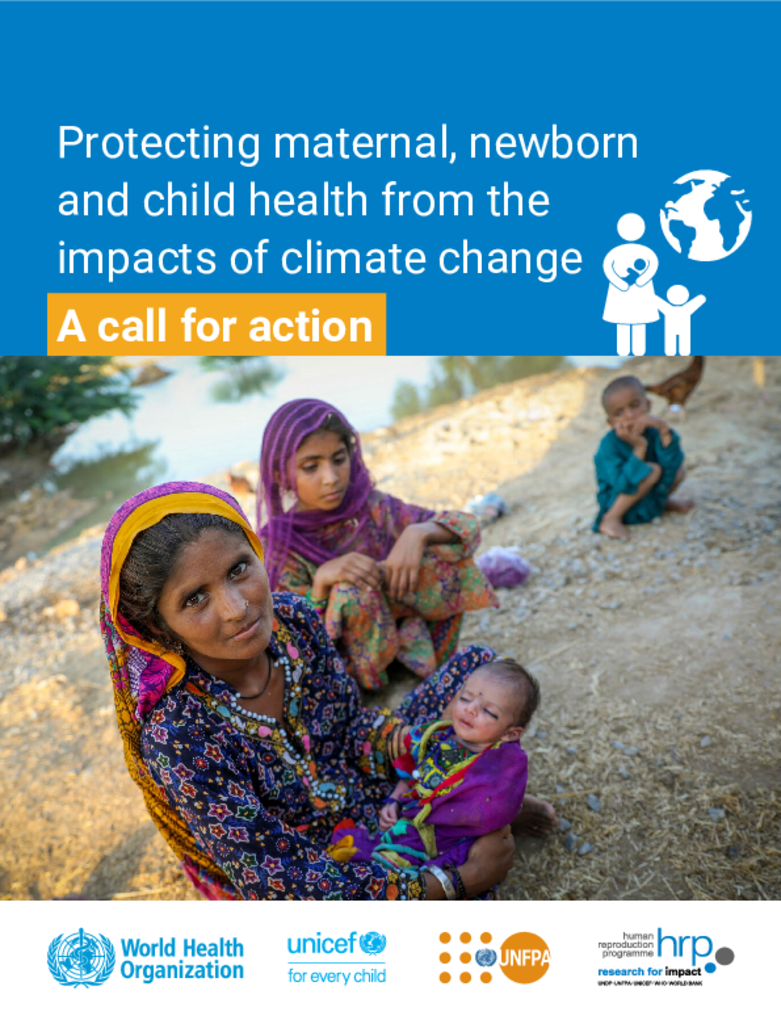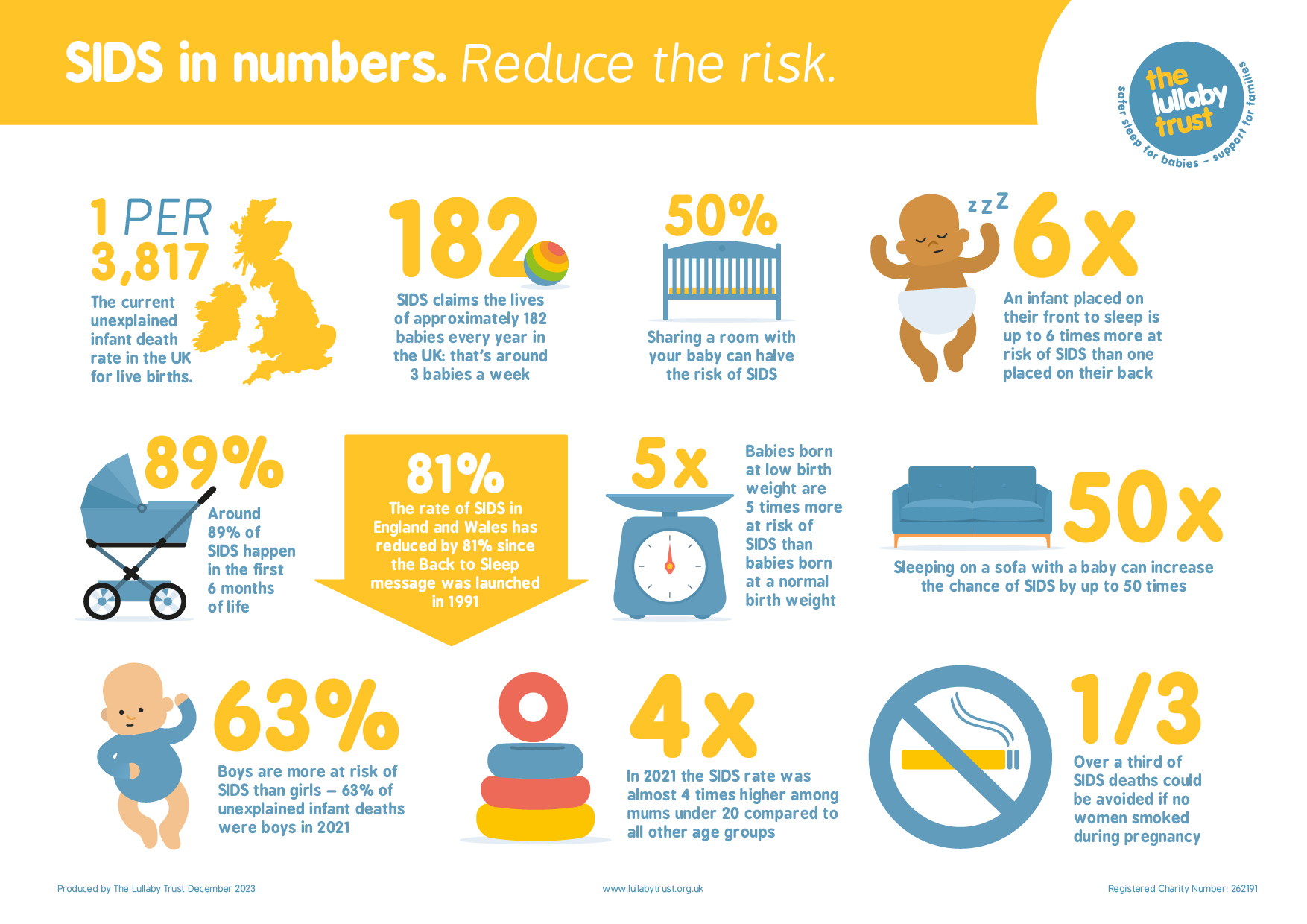 |
The World Health Organization: An overview of climate-sensitive health risks, their exposure pathways and vulnerability factors. |
As most things that result in increased morbitiy and morality, climate change poses an especially increased risk for maternal and child health. According to the World Health Organization, climate hazards are associated with raised risks of developing complications that lead to adverse maternal and perinatal outcomes.
These may include multiple causes of maternal and neonatal morbidity and mortality, including, but not limited to:
- gestational diabetes
- hyper tensive disorders of pregnancy
- preterm birth
- low birth weight
- stillbirth
- anemia
The exposure to climate hazards can also lead to health issues later in life for both the parent and child, such as decreased mental health and a rise in intergenerational trauma.
According to the American Psychological Association, climate change even poses an irreversible threat to prenatal development in physiological systems, cognitive abilities, and emotional skills/
Why are mothers and their children to susceptible to the negative outcomes of climate change?
- Pregnant women and children need reliable transportation and medical care.
- Biological and behavioral changes during pregnancy and postpartum can cause women to be more prone to insect-, food-, and water-borne diseases, which are more easily spread in times of climate crisis.
- Pregnant and postpartum women can be at an increased risk of post-traumatic stress disorder and depression as a result of natural disasters and extreme weather.
Several organizations have proposed interventions that address the issue and seek to improve maternal and child health:
- systems-level solutions to tackle climate change at its root
- community solutions to increase resilience, meet children’s basic needs and increase access to mental health care
- school-based support and hands-on opportunities to act
- screenings by health care professionals to identify climate-related distress and treatment interventions
- parental support, to teach their children about climate change, manage their fears, find hope, take age-appropriate action and nurture their capacity for resilience
- targeting resources to pregnant and postpartum women in climate affected areas
- developing a national heat vulnerability index to protect pregnant and postpartum women form extreme heat
- improving the quality and resiliency of housing and local infrastructure
Studies have shown interventions addressing the climate crisis to improve maternal and child health. For example, a study examining the association between air pollution and poor maternal health outcomes found that in the 10 years after a California coal power plant closed, there was a 27 percent reduction in the rate of preterm births in the surrounding region.


No comments:
Post a Comment